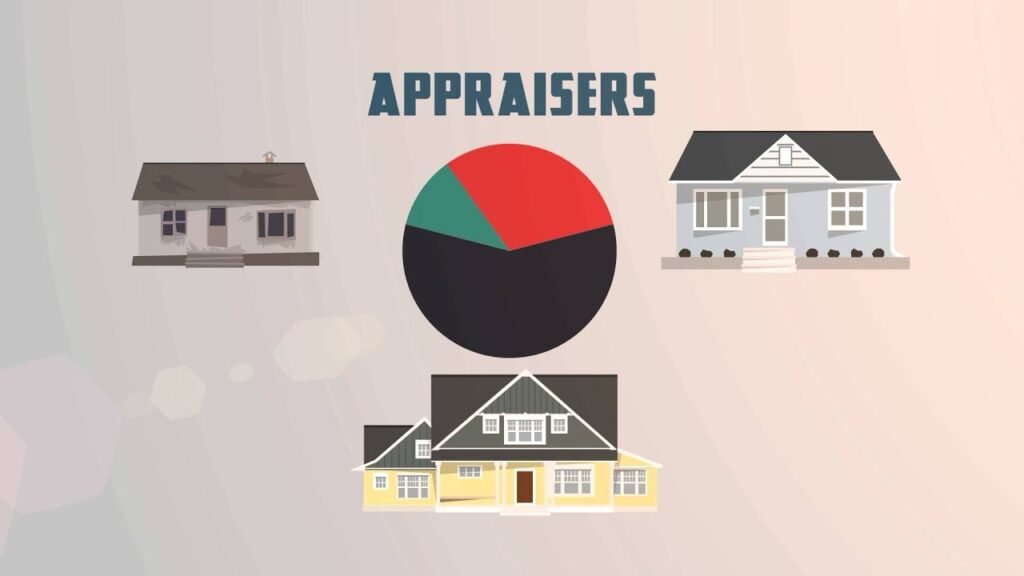Durham, N.C. —For the first time since 2019, Durham County homeowners are confronting sharply higher tax bills. As the dust settles on the 2025 property reappraisal, Commissioners and residents alike are scrambling to understand new tax burdens, explore appeal options, and seek relief—especially amid financial strains across the community.
The Reappraisal: A Legal Requirement Unveils a New Reality
State law mandates that counties reappraise property values at least once every eight years. Durham accelerated this timeline, conducting its last revaluation in 2019 to better align assessments with its rapidly changing market. The new reappraisal, effective January 1, 2025, now underpins this year’s tax calculations.
Now many are feeling that change in their mailboxes.
Homeowners Feel the Sting
At a Tuesday County Commission work session, Chair Nida Allam shared her own experience: “My bill is two or three times what it’s usually been.” Residents like Elaine Martell echoed that sentiment. “It increased by roughly $1,100… $1,400,” she said, noting that her home’s assessed value almost doubled since she purchased it decades ago.
Martell worried aloud about the future of owners who had paid off their homes but now faced newly unaffordable bills: “Not everybody who has paid off their house is going to be able to continue to pay their taxes.”
What’s Driving the Surge
Keyar Doyle, Durham County Tax Administrator, explained that reappraisal reflects longstanding market changes:
“I remember when some of these properties were $80,000, and I saw them go from $80,000 to $160,000… now we’re seeing stuff I would have never imagined when I was growing up here.”
Examples cited to commissioners included homes that doubled or even tripled in estimated value over short periods—and underscores the gap between market trends and owners’ current financial capacities.
Appeals, Relief, and What Comes Next
More than 10,000 property owners submitted appeals to the County after receiving reassessment notices. Although the initial appeal deadline has passed, further challenges are possible at the state-run Board of Equalization and Review.
Chair Allam emphasized the tax shift’s upside, stating higher property tax revenues support critical local services—especially relevant as federal funding tightens.
Meanwhile, the Low-Income Homeowners Relief (LIHR) program is open to eligible residents earning no more than 80% of Area Median Income (AMI), provided they’ve lived in their home for at least five years and receive no state property tax subsidies.
According to WTVD, 80% AMI thresholds range from approximately $24,300 for individuals to $45,450 for a family of four—criteria local homeowners should assess carefully.
Looking Up Past the Bills
While property taxes due January 5, 2026, are looming, Durham residents can tap into other aid programs. The City of Durham, through Community Development, offers assistance for home repairs—including the Minor Repair Program, which addresses life-safety issues, and a Substantial Rehabilitation Program providing up to $35,000 for major home systems. Such support helps preserve affordable housing stock across the city.
Why This Matters to Durham
Durham is growing—and property values are rising accordingly. Yet for many long-time homeowners—especially seniors or those on fixed incomes—sudden tax increases can threaten housing stability. The Bull City Citizen is committed to guiding residents through this shift: spotlighting assistance programs, covering appeals processes, and tracking how revenue changes will translate into services affecting schools, parks, and social support systems.
At a Glance
Reappraisal Timeline
County-wide reassessment done 2025; previous in 2019.
Impact on Residents
Many taxes increased by $1,000–$1,400; dozens reported bill doubling.
Appeals & Relief
>10,000 appeals filed; residents can still appeal at state board. ; LIHR program offers tax help for low-income long-term homeowners.
Aid Beyond Taxes
City offers repair grants to help preserve affordable homes.
County Viewpoint
Chair Allam says higher tax base helps fund vital services.
Your Next Steps
Check your property value on Durham County’s Tax Administration site. Appeal promptly if your assessed value seems too high—before relying on next year’s tax bill. Contact LIHR for eligibility review if you’re a low-income, long-term homeowner. Explore repair programs via Habitat for Humanity’s partnership entries on the city’s website. Track how tax revenue is allocated in Durham—transparency matters when services impact all of us.












